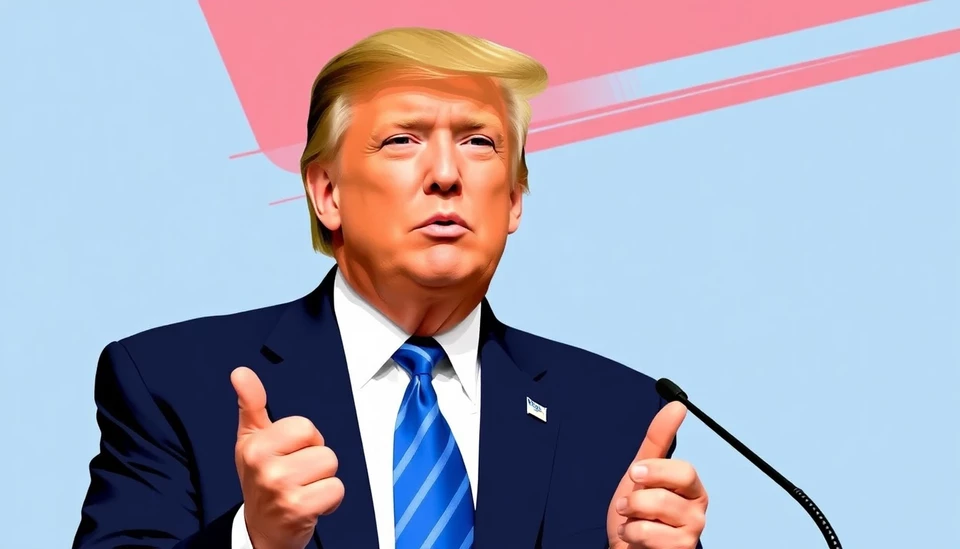
In a significant twist to the ongoing discourse surrounding U.S. pharmaceuticals, former President Donald Trump's recent tariff initiative has propelled a serious conversation about the necessity of domestic drug manufacturing. As his administration reignites the debate, government officials and industry leaders are scrambling to identify U.S. manufacturers that can fulfil the growing demand for homegrown pharmaceuticals amidst soaring prices and increasing reliance on foreign production.
The initiative comes in light of alarming statistics indicating that over 90% of the active pharmaceutical ingredients (APIs) used in U.S. medications are imported, predominantly from countries like China and India. With the prospect of new tariffs being levied on these imports, experts are warning that drug prices could skyrocket even further, potentially leading to a public health crisis. Trump's proposal aims to alleviate this dependence and bolster domestic production capabilities to ensure both price stability and supply chain security.
Consequently, states across the nation are considering financial incentives to attract pharmaceutical companies back to the U.S. industry. Enhanced tax benefits and grants could pave the way for new facilities to be constructed, generating much-needed employment opportunities while also addressing national security concerns related to supply chain vulnerabilities. This multifaceted approach aims at creating a self-reliant pharmaceutical landscape that can withstand both economic fluctuations and external pressures.
In addition to the financial incentives, industry stakeholders are actively collaborating with state governments to streamline regulatory processes. The objective is to fast-track approvals for new facilities and production lines, thereby encouraging existing companies to expand their operations domestically. The effort mirrors previous campaigns advocating for "buy American" initiatives, emphasizing the need to bolster local economies while ensuring access to affordable healthcare.
However, the road ahead is fraught with challenges. Critics of the tariff plan argue that it could lead to unintended consequences, including job losses in sectors reliant on cheaper imported medications. There are fears that excessive tariffs might push prices up beyond the reach of average Americans, which would exacerbate the ongoing healthcare crisis. Thus, the debate around balancing tariffs, domestic production, and drug affordability continues to gain traction.
As we look toward the future, the convergence of policy changes and market dynamics will likely determine the success of Trump's tariff plan. The need for U.S. manufacturers to rise to the challenge is more pressing than ever. The pharmaceutical landscape is at a pivotal juncture, and how officials and companies respond could redefine the industry for years to come.
In conclusion, the call for increased domestic drug manufacturing driven by tariffs may potentially reshape the U.S. pharmaceutical sector. As stakeholders maneuver through this complex landscape, the implications for healthcare, labor markets, and national security continue to unfold, making it a crucial issue deserving of close attention.
#TrumpTariff #DomesticManufacturing #Pharmaceuticals #DrugPrices #SupplyChain #HealthcareInnovation #APIs #ManufacturingRevolution
Author: Victoria Adams




